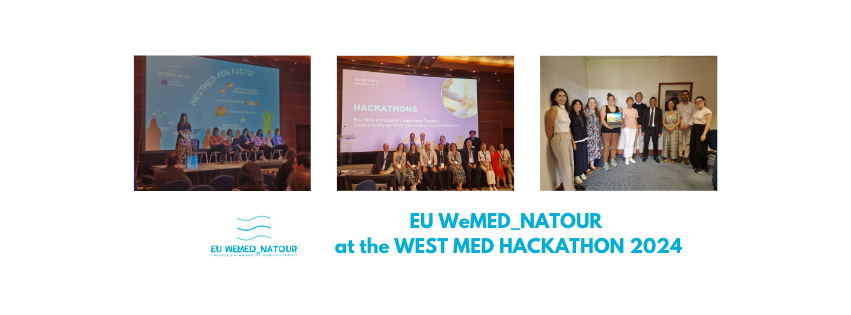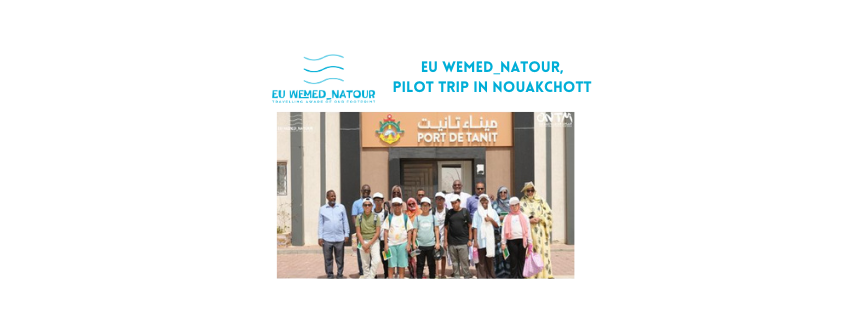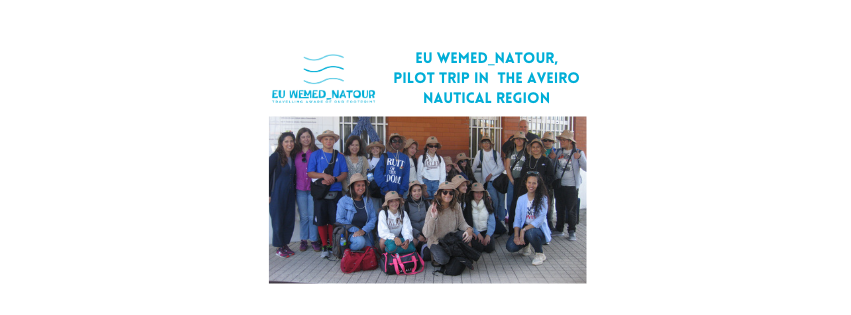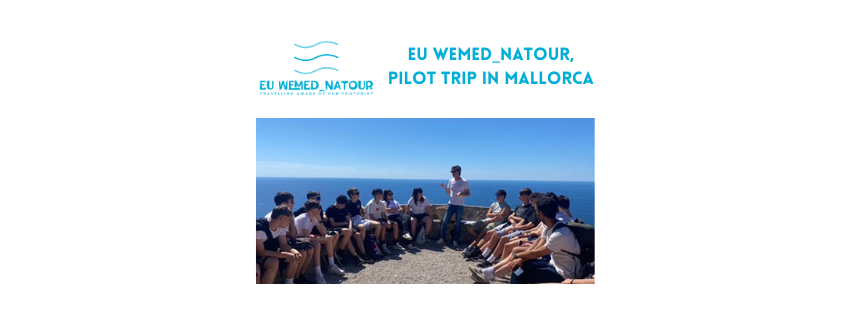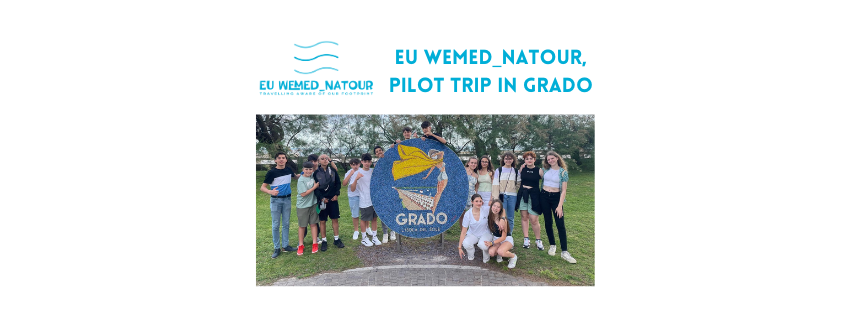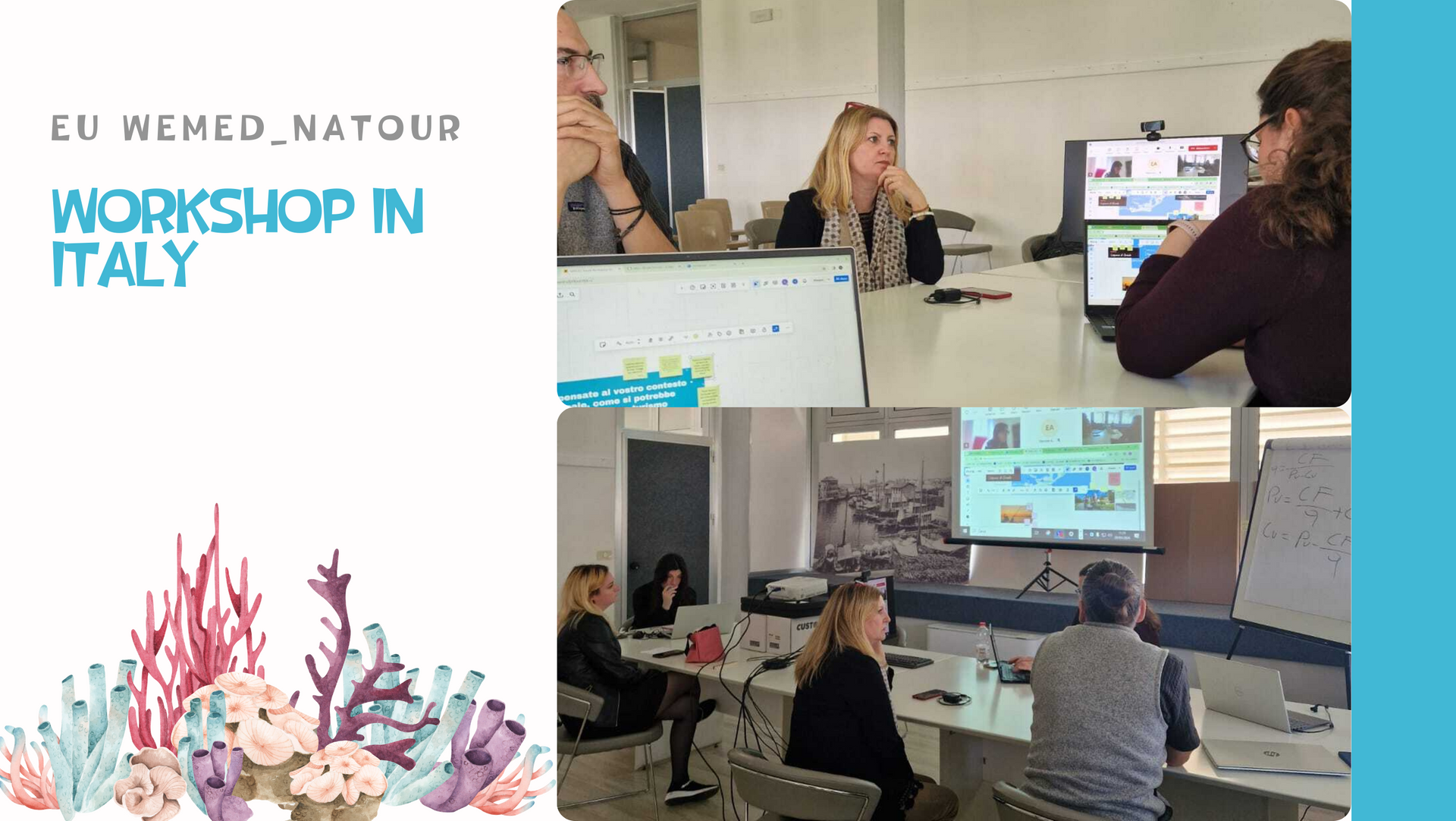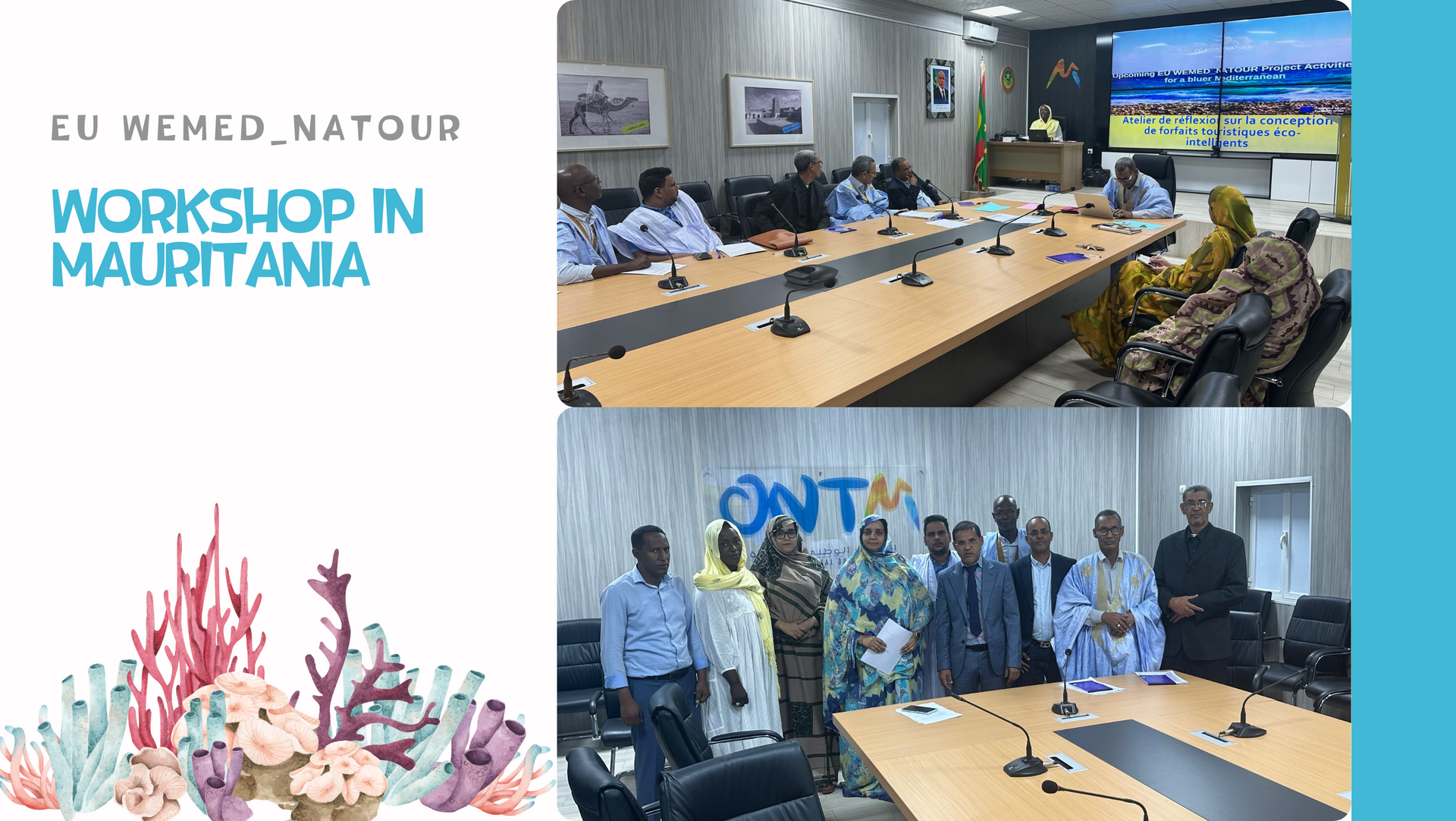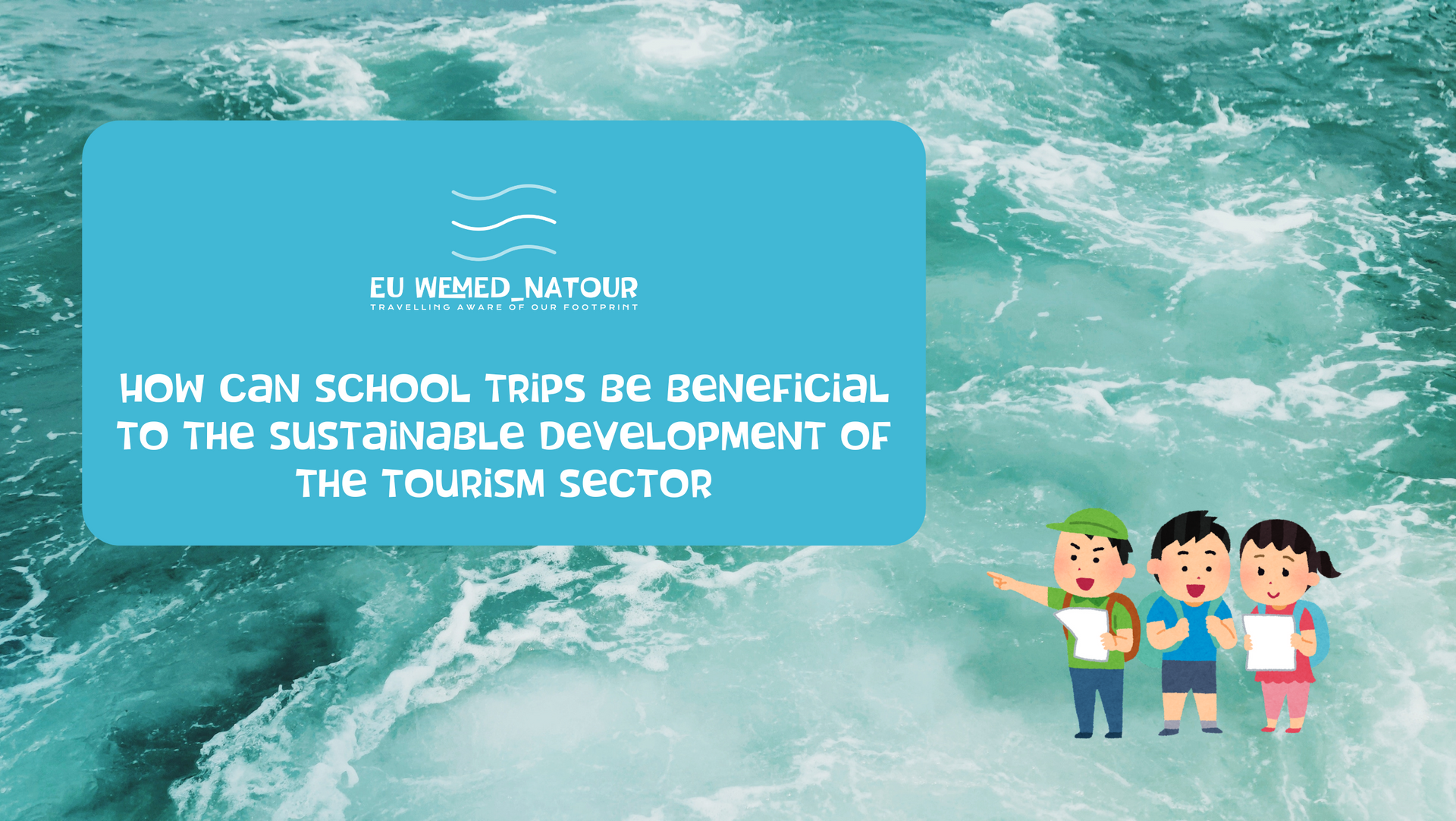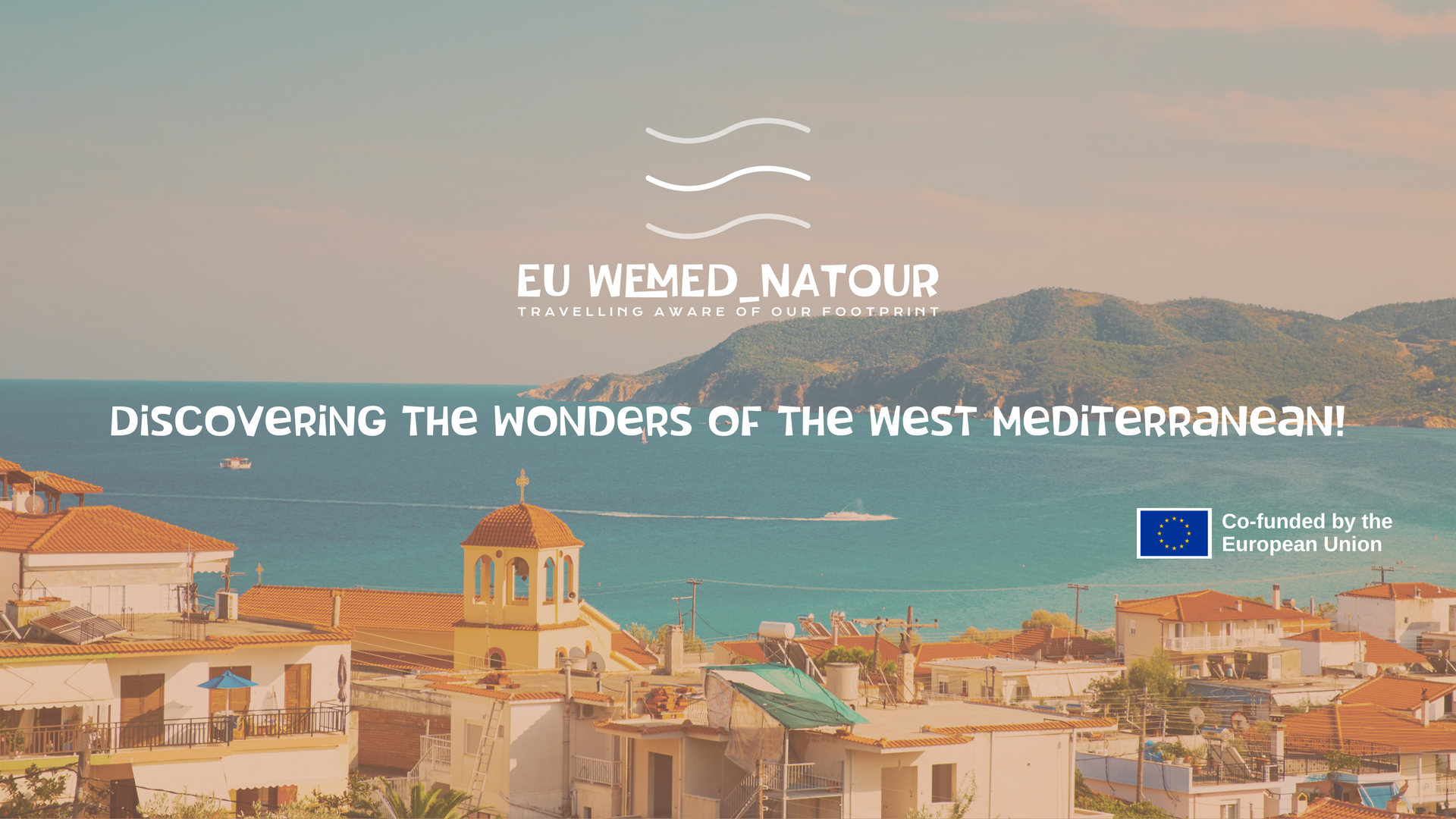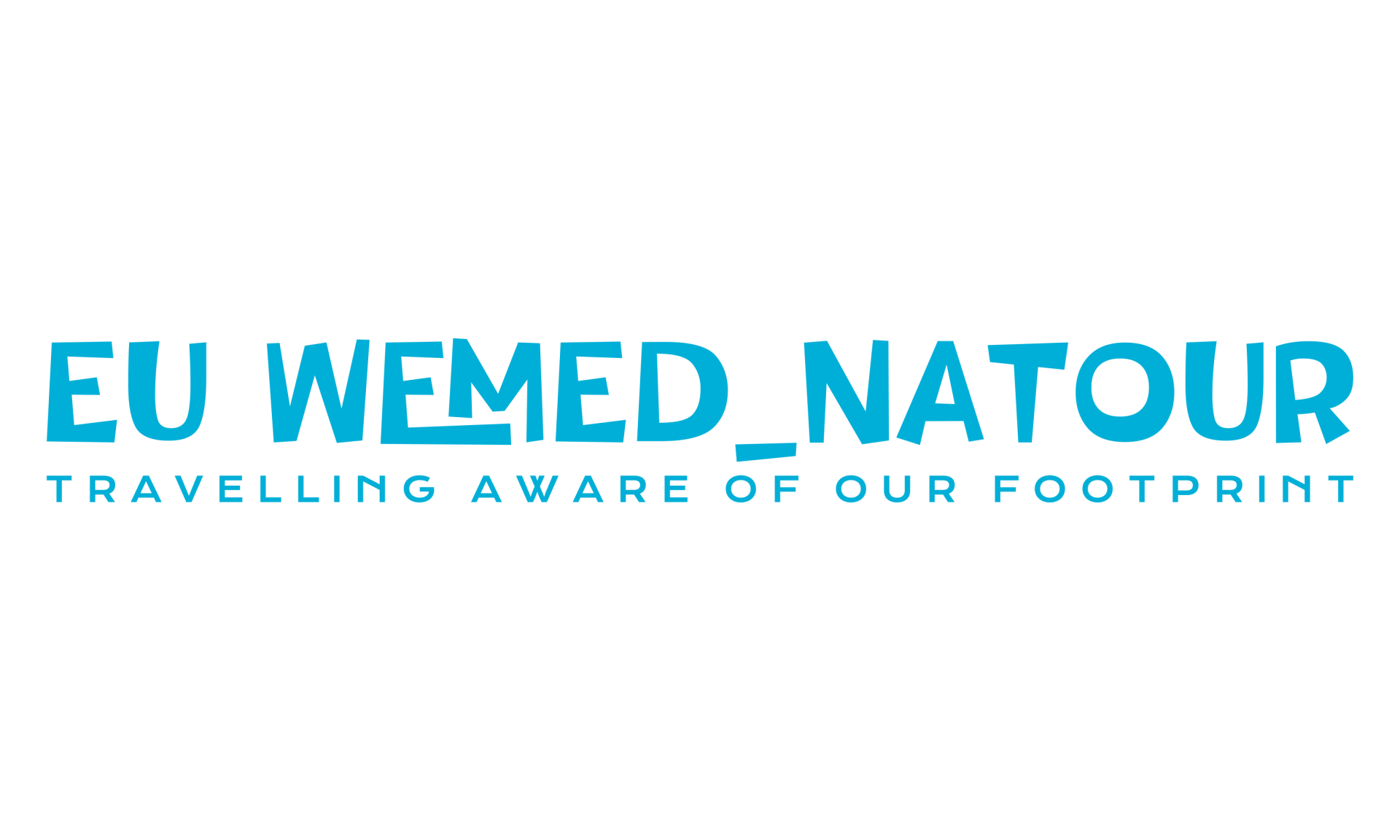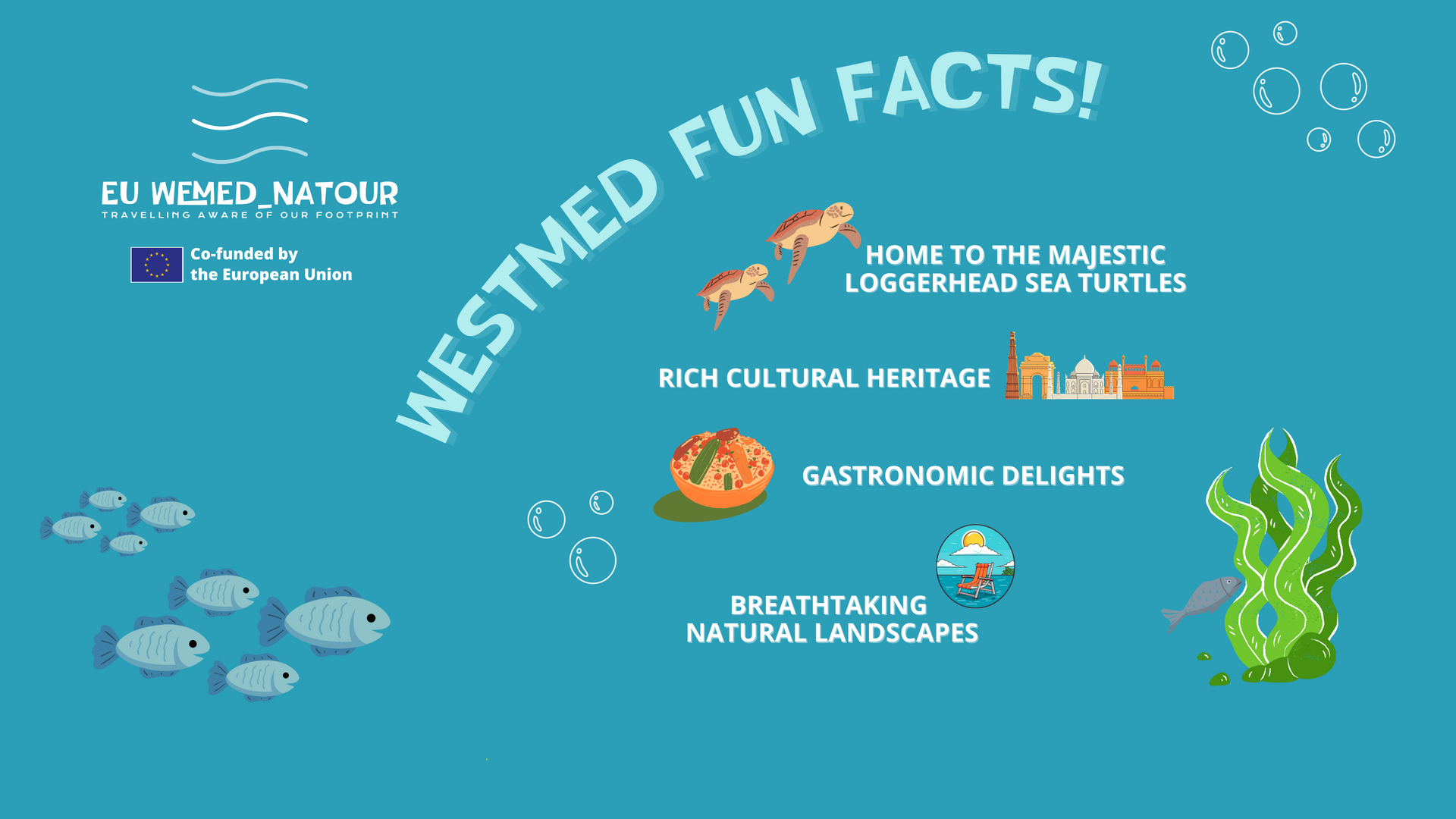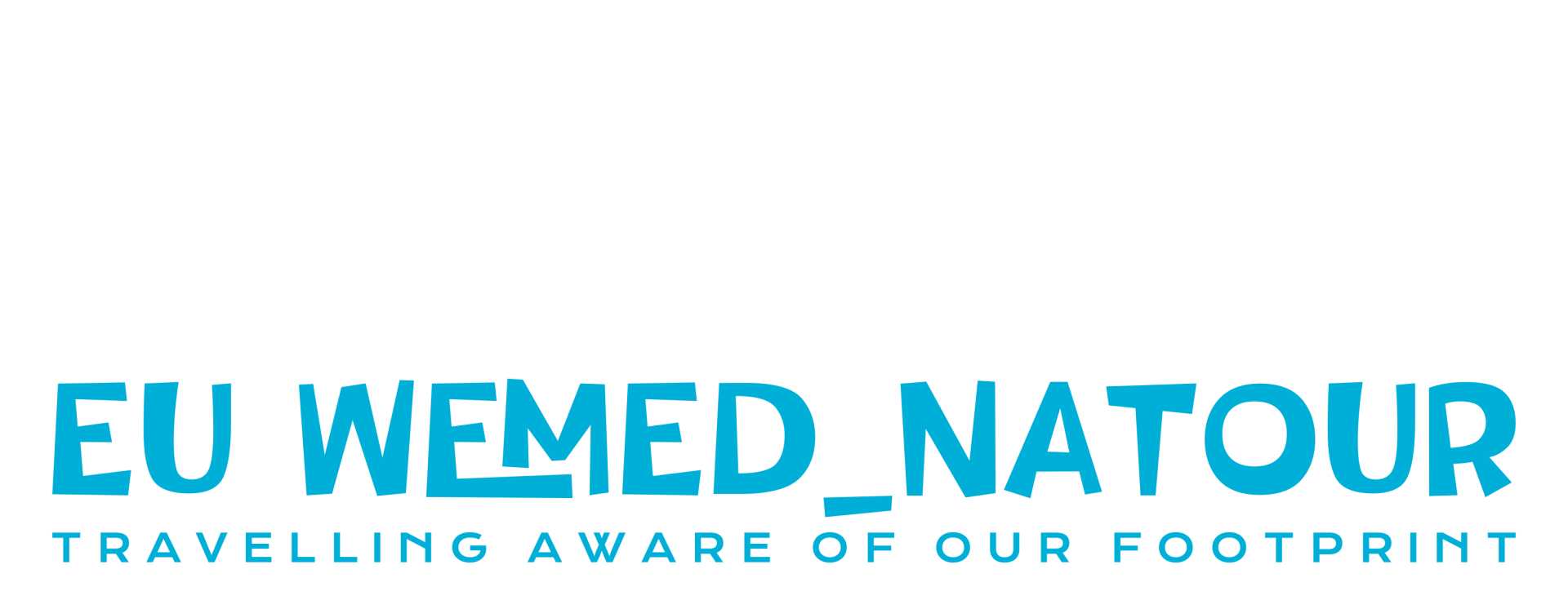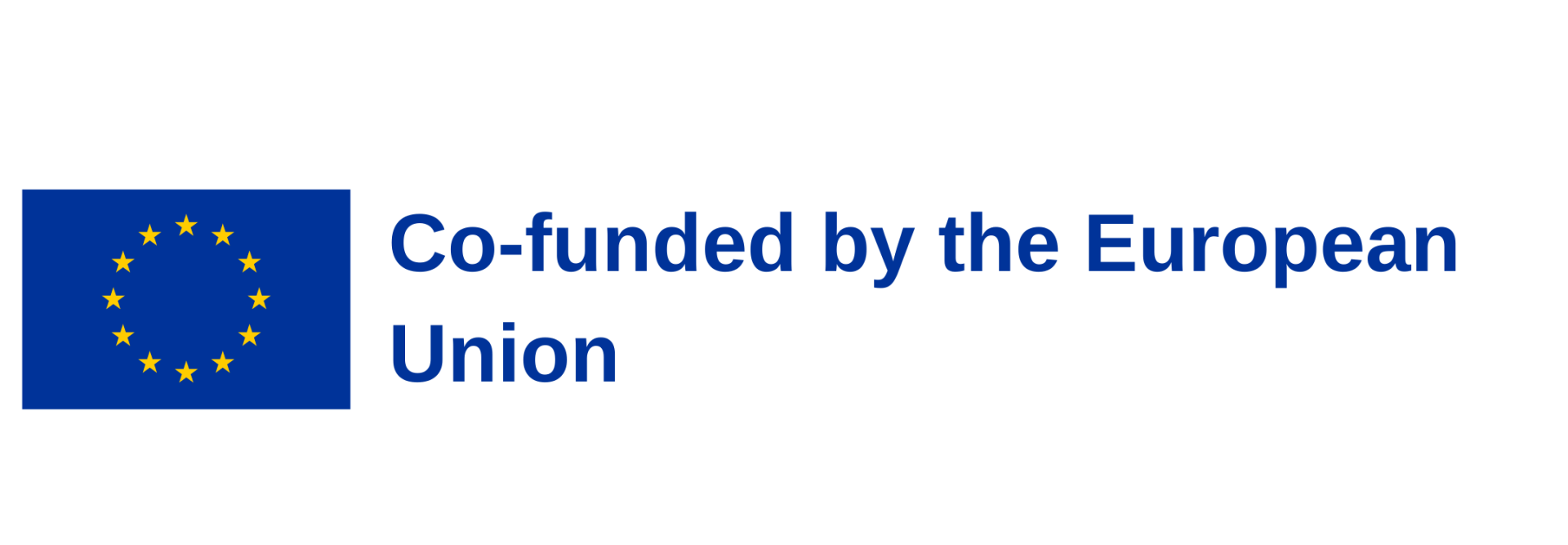EU WeMED_NaTOUR Capacity Building Programme: Empowering Tourism SMEs
The EU WeMED_NaTOUR Capacity Building Programme provides knowledge and empowerment for tourism SMEs in the West Mediterranean region. This specialised online training course is designed to equip participants with essential knowledge in marine and tourism-related policies and actions, while also enhancing their digital competences. Kick-started in Autumn 2023, the programme has benefited tourism SMEs and tourists in many different ways! Let's delve into the details of this transformative initiative.
The EU WeMED_NaTOUR Capacity Building Programme aims to empower tourism SMEs by providing them with the necessary tools and knowledge to navigate sustainable tourism. Through a series of specialised online training modules.
But not only, the Capacity Building Programme is for the tourism SMEs, but the project also elaborate didactic materials for schools and teachers! Recognising the importance of education in fostering sustainable practices from a young age, the programme also targets schools and teachers as complementary components. By integrating eco-smart packages into school curricula, the programme seeks to instil environmental awareness and responsibility in future generations, ensuring a lasting impact on the region's tourism industry.
The journey…
Since its launch in Autumn 2023, the EU WeMED_NaTOUR Capacity Building Programme has embarked on a journey of knowledge boosting with tourism SMEs in the West Mediterranean. Through engaging online modules and interactive learning experiences, participants have been equipped with the tools and expertise needed to drive sustainable change in the industry. The programme is hosted on the Moodle Platform, offering participants the flexibility to access course materials and complete modules at their own pace and convenience. This fully online format ensures accessibility for participants from diverse backgrounds and locations, making it easier for them to balance their learning with their professional commitments. By focusing on knowledge in marine and tourism-related policies, actions, and digital competences, the EU WeMED_NaTOUR Capacity Building Programme is paving the way for a more sustainable and prosperous tourism industry in the West Mediterranean region. Through education, empowerment, and collaboration, participants are equipped to drive positive change and create a future where sustainable tourism is the norm.
Do the Capacity Building Programme now!
